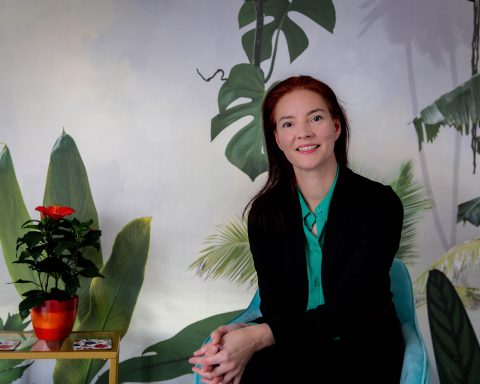False friends are words in two languages (or letters in two alphabets) that look or sound similar, but differ significantly in meaning. An example is the English embarrassed and the Spanish embarazada (which means pregnant), or the word sensible, which means reasonable in English, but sensitive in French and Spanish. – From Wikipedia
Translators are interested in such things, they find them interesting, at times annoying or amusing.

A few examples of false friends off the top of my head.
Hell in German is the opposite of dark; it means bright, full of light, so it is actually something very pleasant.
The superbly elegant shoe brand is surely successful all over the world except for German-speaking countries, where Tod means death.
Pathologist comes from the Greek, like most words pertaining to medicine. But while a “pathologos” in Greece is a GP, a pathologist is a “pathologoanatomos.”
Unlike in English, deception in French means disappointment. But aren’t we always disappointed by deceivers?
Empathy also comes from the Greek word “pathos,” meaning passion. In Greek, it doesn’t mean putting yourself into the place of another in order to feel how he or she feels and better understand them. It means to be passionately prejudiced against someone, almost inimical. So, quite the contrary of what it means in English.
Some very famous false friends in Italian and Spanish are the words for butter and donkey, respectively. They are both “burro.”
And of course, an all-time classic when you try to think between German and Italian, is the kalt – caldo combination. They sound similar but they are complete opposites, meaning cold and hot, respectively.
Also, as the Germans would say, does not mean “also” as in English. Instead, it is used to try to wrap up a conversation. Also, these were some examples of false friends in a few languages.
Can you think of any false friends you particularly like or dislike? Add them here in the comments!










